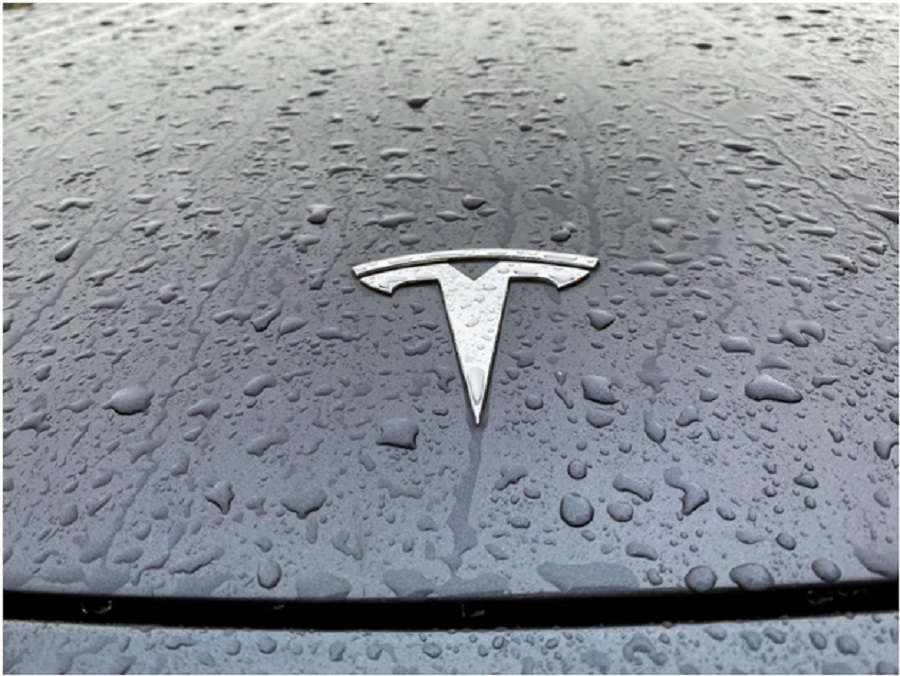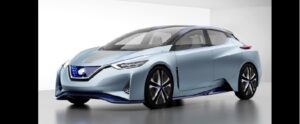Tesla Advocates for Stricter Fuel Efficiency Standards, Dividing the Auto Industry

Highlights
- Tesla urges Biden administration for stricter fuel efficiency standards through 2032.
- NHTSA proposed 2% increase in CAFE requirements for cars, 4% for trucks and SUVs annually from 2027 to 2032.
- Tesla advocates for a more ambitious approach: 6% increase for cars, 8% for trucks and SUVs annually.
- Tesla’s proposal aims to conserve energy and combat climate change.
- NHTSA’s proposal would result in fleet-wide average fuel efficiency of 58 miles (93 km) per gallon by 2032.
- Major automakers, including GM, Toyota, and Volkswagen, criticize NHTSA’s proposal as unreasonable and call for revisions.
- American Automotive Policy Council suggests halving proposed fuel economy increases for trucks to 2% annually.
- 83% of vehicles produced by Ford, GM, and Stellantis are trucks, making proposed regulations particularly impactful on this segment.
- NHTSA emphasizes rule-making aims to save consumers money at the gas pump and strengthen American energy independence.
- Estimated combined benefits of NHTSA’s proposal exceed costs by over $18 billion.
- Alliance for Automotive Innovation warns of potential non-compliance penalties exceeding $14 billion between 2027 and 2032.
- Toyota argues fines are proof of insufficient technology to meet proposed standards.
- Automakers raise concerns about proposed revision in how fuel economy rating for EVs is calculated, suggesting it would devalue electric vehicles by 72%.
A Clash of Visions on Environmental Responsibility and Economic Feasibility
In a bold move, electric vehicle pioneer Tesla has called on the Biden administration to implement substantially more rigorous fuel efficiency regulations through 2032 than those currently proposed by U.S. regulators. The National Highway Traffic Safety Administration (NHTSA) had previously suggested a 2% increase in Corporate Average Fuel Economy (CAFE) requirements for cars, and a 4% boost for trucks and SUVs annually from 2027 to 2032. However, Tesla contends that a more ambitious approach, with a 6% annual increase for cars and an 8% increase for trucks and SUVs, would be the most effective means to conserve energy and combat climate change.
Should Tesla‘s recommendations be adopted, the result would be a fleet-wide average fuel efficiency of 58 miles (93 km) per gallon by 2032. This proposition, however, places Tesla at odds with major automakers, including General Motors, Toyota, Volkswagen, and others. These industry leaders have expressed strong reservations about NHTSA’s proposal, deeming it impractical and have called for substantial revisions.
The American Automotive Policy Council, which represents the Detroit Three automakers, has separately proposed that NHTSA reduce its suggested fuel economy increases to 2% annually for trucks. Their rationale is that the current proposal disproportionately targets the truck fleet, particularly given that 83% of vehicles produced by Ford, GM, and Stellantis fall into this category.
Responding to these critiques, NHTSA emphasized that its rule-making is centered on two key objectives: saving consumers money at the gas pump and fortifying America’s energy independence. The agency estimated that the combined benefits of their proposal would surpass costs by over $18 billion.
However, not everyone is convinced. The Alliance for Automotive Innovation warned last month that non-compliance penalties could exceed $14 billion between 2027 and 2032. Toyota echoed these concerns, asserting that the fines serve as evidence that current technology falls short of meeting proposed standards, which they believe have been set too ambitiously.
Furthermore, automakers have raised alarms about the Energy Department’s plan to revise how it calculates the petroleum-equivalent fuel economy rating for electric vehicles within NHTSA‘s CAFE program. They argue that this adjustment would diminish the perceived fuel efficiency of electric vehicles by a staggering 72%.
As the automotive industry grapples with the dual imperatives of environmental responsibility and economic feasibility, the clash of visions between Tesla and traditional automakers highlights the complexities of transitioning towards a more sustainable future. Striking the right balance between stringent regulations and practical implementation will be a pivotal challenge for all stakeholders in the years to come.












